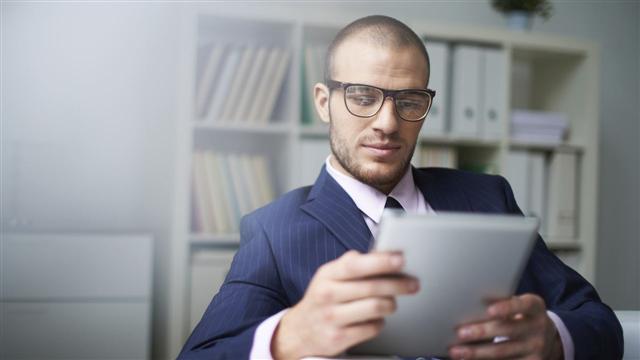Major Infrastructure – A sign of a wealthy country is a country that is spending money on roads and rail. In 2018 Melbourne is taking on the biggest road and rail projects in its history with works on: Westgate second river crossing, North Eastern Link, Mordialloc Bypass, Whitten Bridge Upgrade and the Metro train tunnel. Billions of dollars are being invested by state and federal governments to keep Melbourne connected and moving.
Access to Natural Amenities Within 1 hour of Melbourne –Port Phillip Bay, The Yarra River, Mornington Peninsula, Bellarine Peninsula and some of the world’s best beaches.
Distance to the City – Melbourne’s metropolitan area is only 50km to the CBD from North, East or West. Hence travel times are considered low in comparison to the urban sprawl experienced by locals in other competing cities of the world.
Employment: The central business district houses some of the world’s biggest corporate companies like Google, BHP, Australia’s biggest banks, Price Waterhouse Coopers, Exxon Mobil, Toyota, Boeing, Siemens, and Bosch to name a few. Melbourne has a consistent unemployment rate that ranges between 5.5% 6.5%.
Walking distance to train station – Owning a car is optional if a property is located around the many railway stations. Melbourne has great regional and metro train lines with more to come. Generally, rents and property prices are slightly higher within 1km around a train station with lower rental vacancy rates and lower time on market when selling.
Coffee shops – Everyone talks about the culture and life style offered by Melbourne, it all seems to link back to the European café influence. The CBD has some of the best coffee shops in Australia and now the popular inner suburbs share the same sought after culture.
Sport – Melbourne is know as the sporting capital of Australia offering some world class events like the Formula 1 Grand Prix, The Australian Open, The Melbourne Cup (horse racing) and the Cricket to name a few. It is also home to local sports like the Australian Football League, A League (soccer), and basket ball.
Education: Melbourne’s higher education system is well known around the world with some of the best universities in the country.
A property with access to many of the above features leads to longer lease terms and better-quality tenants.










